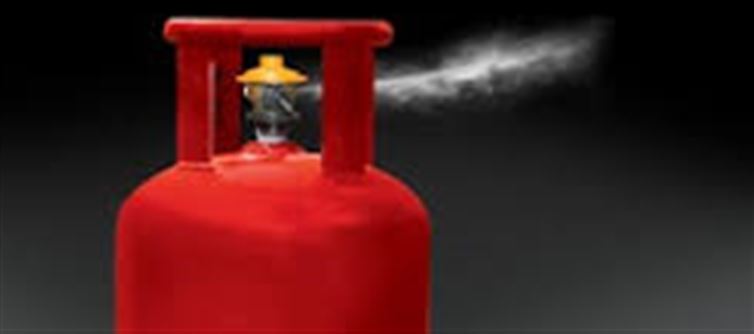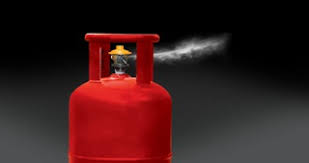
How to safeguard from LPG leakage?
Safeguarding against LPG (liquefied petroleum gas) leaks is essential for household safety. Early detection is crucial; LPG is odorized with a distinct smell similar to rotten eggs to help identify leaks. Regularly inspect your gas cylinder, regulator, and connecting hose for wear and tear. A simple method to check for leaks is by applying a soap solution to connections; the formation of bubbles indicates a leak. Always ensure that your kitchen is well-ventilated, and keep flammable materials away from the cooking area.
In the event of a suspected leak, remain calm and act promptly. First, turn off the gas supply at the cylinder valve. Do not operate any electrical switches or appliances, as even a small spark can ignite the gas. Open all doors and windows to allow the gas to disperse naturally. Extinguish any open flames, including candles and incense sticks. If possible, place the safety cap on the cylinder and move it to a well-ventilated outdoor area.
Preventive maintenance is key to avoiding LPG leaks. Ensure that all LPG appliances, including stoves and regulators, are ISI-certified and in good working condition. Replace the connecting hose annually or if any signs of damage are visible. Store the LPG cylinder in an upright position in a cool, well-ventilated area, away from direct sunlight and other heat sources. Avoid storing flammable substances near the cylinder.
Educate all household members about LPG safety protocols. Keep emergency contact numbers, such as your gas distributor and local fire services, readily accessible. In case of a significant leak or if you are unable to control the situation, evacuate the premises immediately and seek professional assistance. Regular awareness and adherence to safety measures can significantly reduce the risk of accidents related to LPG leaks.





 click and follow Indiaherald WhatsApp channel
click and follow Indiaherald WhatsApp channel